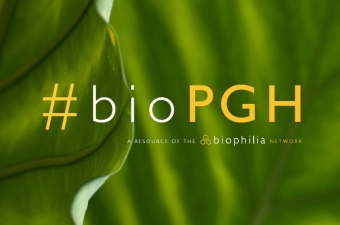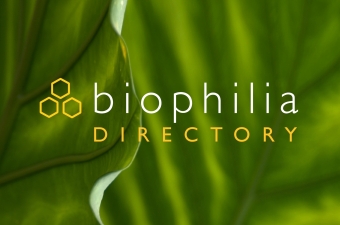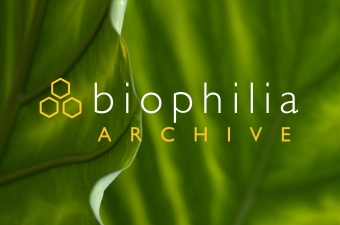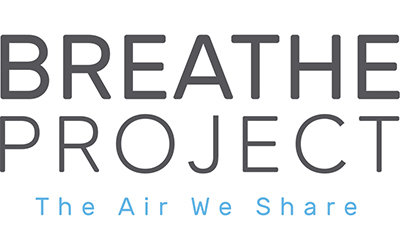Biophilia Network

This event is now sold out.
Biophilia: Wands, Salves and Charms: Herbalism and Plant Lore in Northern Appalachian Folk Magic
Note: This week’s biophilia meeting will take place in the Botany Hall Lecture Hall.
Join us Thurs., Oct. 2 at 6 p.m., for our in-person and virtual Biophilia meeting, where we will be discussing the beliefs about folk magic and witchcraft that have long permeated the traditions of northern Appalachia. From the English “Cunning Folk” to the Pennsylvania German “Braucherei”, folk magic practitioners and healers relied not only on spoken charms and physical gestures, but also a wide variety of plants to complete their rituals. In this meeting, Historian and Archivist Thomas White will discuss the use of local plants in the historical practice of folk magic.
Meet the Speakers:
Thomas White
Thomas White is the University Archivist and Curator of Special Collections at Duquesne University. He is also an Adjunct Professor in Duquesne’s History Department and an Adjunct Professor of History at La Roche University. White specializes in public history, folklore and the history of supernatural beliefs. He is the author of 11 books including The Witch of the Monongahela: Folk Magic in Early Western Pennsylvania, Legends and Lore of Western Pennsylvania, and Witches of Pennsylvania: Occult History and Lore.
Information for virtual attendees: The Zoom meeting will begin promptly at 6 p.m. (EST), 3 p.m. (PST). After registering, you will receive a confirmation email containing information about joining the meeting.
Designed as a series of posts on the Phipps blog and a hashtag for use on Twitter and Instagram, #bioPGH is a new social call-to-action for people throughout the region to more closely examine the beauty and importance of the nature around them.
Inspired by the Biophilic Cities initiative, the Biophilia: Pittsburgh Directory seeks to present an overview of the biophilic organizations, events, activities and projects in Pittsburgh, to aid the public in enhancing their connections to nature and discovering collaborative opportunities.
In this archive, you may access presentation materials and video recordings from previous installments of our monthly Biophilia: Pittsburgh meeting series. Additions will be made often, so visit regularly for the latest materials to deepen your Biophilia: Pittsburgh experience.
Biophilia: Pittsburgh meets monthly at Phipps Conservatory and Botanical Gardens where, over delicious small-plates and light refreshments, an expert guest speaker discusses ways of connecting people to nature and showing how these connections can improve our lives in the interest of sharing ideas and identifying opportunities.
Our Goals
• To welcome and inspire others with the concept and principles of biophilia
• To foster collaboration and learning between professionals from a wide variety of disciplines
• To communicate biophilic principles in action-oriented ways to a wider audience for exponential and regional impact
What Is Biophilia?
The term “biophilia,” which literally means “love of life,” was coined by social psychologist Erich Fromm and popularized by biologist E.O. Wilson, who defined it as “the innately emotional affiliation of human beings to other living organisms.”
The implications of biophilia extend across a vast array of disciplines including design and engineering, nutrition, psychology, public health, education, biology and the humanities. Biophilia is expressed all over the world every day, through complex collaborations such as the design and construction of buildings and landscapes; and intimate, personal encounters including nature hikes and home gardening.
Photo © Paul g. Wiegman, Phipps staff







